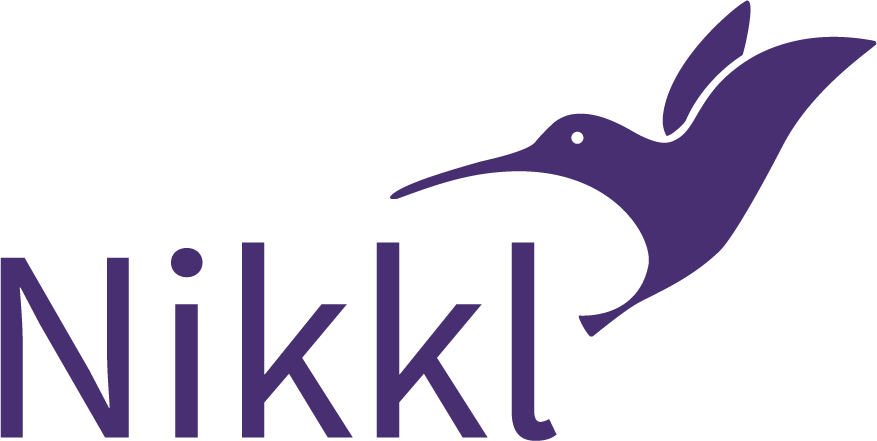How to Invest in Pre-IPO Startups
Key takeaways
Pre-IPO investing is when an investor takes an equity position in a company that’s not traded on the public market.
Pre-IPO investment opportunities are typically only available to individuals with significant financial means and expertise, as well as connections to the startup ecosystem.
Pre-IPO startups are typically high-risk / high-reward investments, given the high failure rate of early-stage startups.
Nikkl makes it easy for all investors (including retail investors) to invest in a portfolio of unicorn startups—the most promising pre-IPO startup investments on the market.
In 2010, venture capital firm First Round Capital invested $510k in Uber’s seed round. When Uber IPO’d at $45 per share in 2019, First Round’s $510k investment was worth $2.5B. This is an extreme example of the benefits of pre-IPO investing. In this guide, we’ll provide an overview of what pre-IPO investing is, how it works, and ways you can invest in pre-IPO startups.1
What is Pre-IPO Investing?
Pre-IPO investing is when an investor takes an equity position in a company that’s not traded on the public market. These companies are considered “private” businesses, and maintain control over who they choose to sell their shares to.
Who Can Invest in Pre-IPO Startups?
Investors in pre-IPO startups must typically meet certain accreditation requirements related to their net worth and financial expertise. These requirements ensure only investors who have the financial know-how and means can participate in pre-IPO startup investments.
However, being accredited doesn’t guarantee that a privately-held business will allow you to invest. Most pre-IPO startups choose to sell their shares to venture capitalists because these investors have deep pockets for follow-on investments and can also provide startups with the knowledge and connections they need to grow their business. It’s rare that other accredited investors will be allowed to participate in a startup fundraising round unless they have a pre-existing relationship with the founding team.
Why Invest in Pre-IPO Startups
As illustrated by our Uber example, pre-IPO investing has the potential for outsized returns. Many of the most successful companies in the world today started their lives as venture-backed startups (e.g., Apple, Google, Amazon). Anyone who was able to invest in these companies before they went public generally saw a tremendous ROI.
That being said, investing in pre-IPO startups also carries substantial risk. For every Apple, Google, or Amazon, there are thousands of startups that failed to return their investors’ principle. Traditional VC type private market investors accept that most investments will go to zero because it only takes one or two Amazons to return their entire portfolio and then some.
Further, even if a pre-IPO startup does find success, it typically takes an early-stage business 7-10 years to achieve a liquidity event (e.g., IPO, acquisition, etc.), meaning investors’ must be prepared for their money to be tied up for an extended period of time.
How to Find Pre-IPO Startups to Invest in
It’s exceedingly difficult for investors not associated with a venture capital firm to find pre-IPO startups to invest in. Investors must typically be plugged in to certain Silicon Valley tech circles, or know someone personally who is fundraising for their business (when founders launch a new venture, the first people they typically fundraise from are friends and family).
Another approach is to become an investor in a venture capital fund (known as a “limited partner”). These funds pool together investor money and then distribute that capital across a series of startups. Online services like AngelList make it easier for accredited investors to find fund managers who will invest their capital in pre-IPO startups.
Occasionally, you can invest indirectly in startups by purchasing shares from an existing investor on the secondary market who’s looking to sell. However, these investment opportunities are uncommon, given startups discourage secondary market transactions.
How to Choose Which Pre-IPO Startups to Invest in
If you’re offered allocation in a pre-IPO startup, it is best to perform some due diligence before investing. If the company is an early-stage business, you’ll want to speak to the founders and gauge if you have belief in their idea and their ability to execute. You should also talk to industry experts and existing customers, as well as review revenue projections and the competitive landscape.
Larger businesses will often have more financial data you can reference to inform your decision.
Invest in Pre-IPO Startups With Nikkl
Nikkl offers retail accredited investors, family offices and other investors a new way to invest in the best pre-IPO startups. Nikkl invests in a diversified portfolio of variable prepaid forward contracts with employees of unicorns, giving investors exposure to the most promising private companies on the market that have already survived and thrived relative to other start-ups. Learn about Nikkl’s products for pre-IPO investing.
If you’re interested in startup investing, schedule time to learn about pre-IPO investing through Nikkl. You can also subscribe to get notified of upcoming webinars, blog posts, and more.
Footnotes
1 https://www.inquirer.com/news/uber-ipo-early-stage-investors-return-first-round-capital-20190513.html
Disclaimer
The information provided in this article is for general informational purposes only; it is not investment, financial, legal, or tax advice, nor does it constitute an offer or solicitation for the purchase or sale of any securities or a recommendation for any investment product. The article does not take into account your personal financial situation or investment objectives, and therefore you should not rely on this article. Before making any investment decisions, we strongly recommend that you seek professional financial advice from a qualified advisor who can assess your specific financial situation and provide personalized recommendations. The company disclaims any and all liability for any actions taken based on the information provided in this article.
